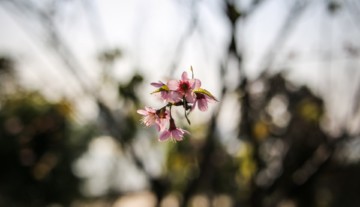
In Waldorf education, we often take a threefold approach to our humanness. One example is “walking, speaking and thinking.” Steiner often quoted a man who said we accomplish the three greatest things in our first three years – walking, speaking and thinking. When we think of walking, we also must think of all the pre-walking…
More »







